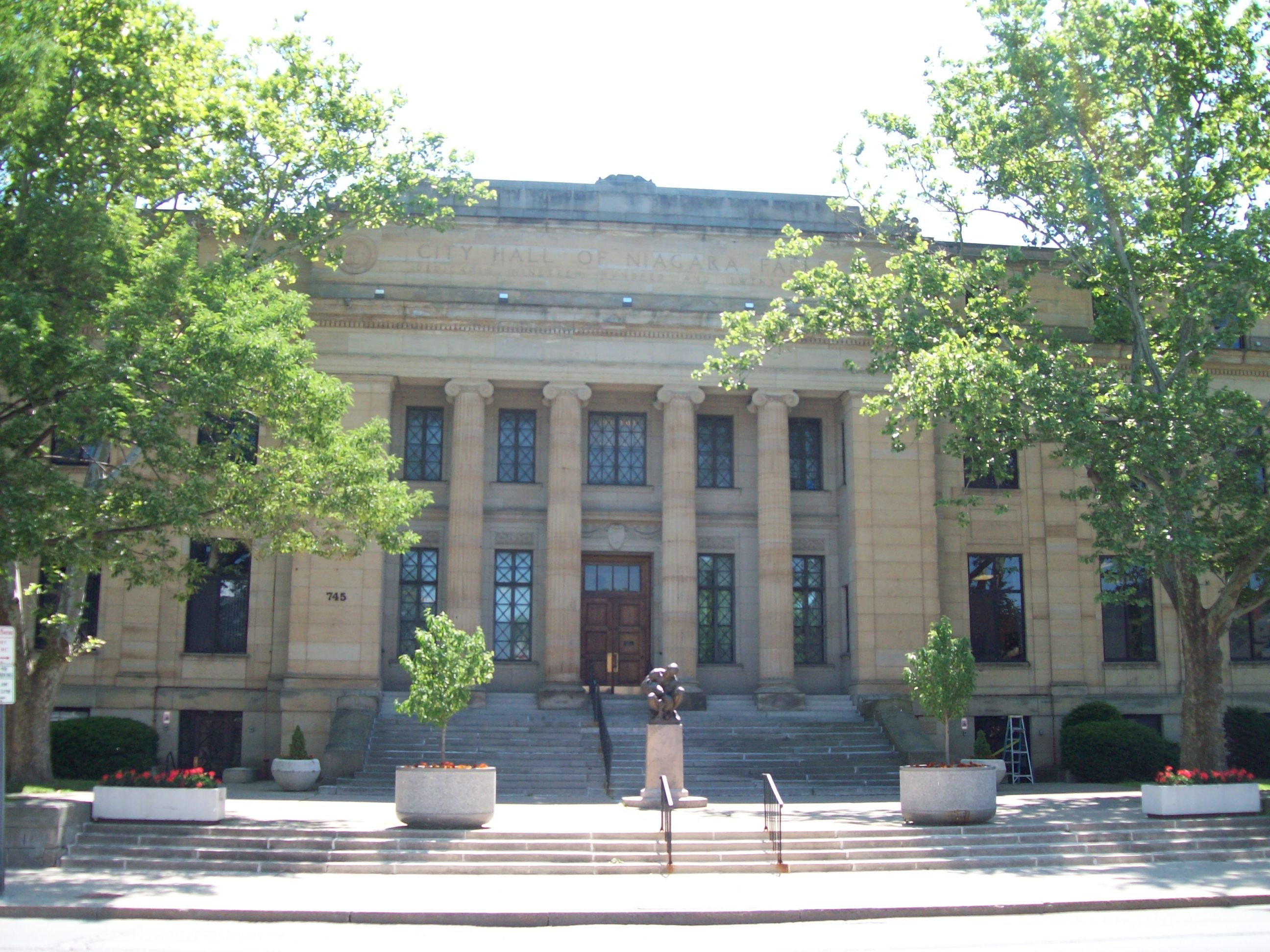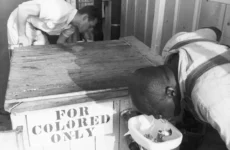Please click the link below to subscribe to a FREE PDF version of each print edition of the Niagara Reporter
http://eepurl.com/dnsYM9

BY: Tony Farina
As you read this story, the Niagara Falls City Council will have already received outgoing Mayor Paul Dyster’s 2020 proposed budget which will likely include a $250 annual garbage user fee that Council Chairman Andrew Touma has said will help cover the $4-million-to-$5-million deficit without major layoffs or a significant tax increase, although a small tax increase is likely after years of holding the line on taxes.
Mayor Dyster will submit his spending plan to lawmakers on Tuesday at 5 p.m. and hearings will follow next week with department heads to go over the fine print in each department.
The council tabled action on enacting a garbage user fee after last week’s public hearing, essentially leaving it to the mayor to include it in his spending plan, and that’s what he’s expected to do.
The mayor indicated in a brief telephone conversation on Monday he is hoping to help point the city in the right direction in his final budget, noting that with the help of casino revenue, the city has been holding the line on taxes for several years. But with no casino revenue on tap, the city must take a different course and like other cities, raise new revenue through a garbage user fee, something the city has passed on when the casino money was still coming in.
It sounds like the mayor thinks it would be unfair to levy a major tax increase since the city has had no property reassessment in more than a dozen years, something that neighboring Buffalo has just completed to help spread the tax burden in a more equitable way.
“I’m hoping at the end of the day the budget will have minimal impact on taxpayers,” said GOP Councilman Chris Voccio who opposed enacting a garbage fee to cover the deficit, saying it was time for city employees to come to the table to help save the financially-strained city from further decline. But all signs are that the city must raise revenue to meet its needs and maintain public safety and city services at an acceptable level.
At last week’s hearing, police, fire, and public works employees warned against any layoffs to their ranks, saying the public’s safety would be compromised with fewer police and fire personnel and fewer workers to keep the roads clear. They supported the user fee to avoid those layoffs and any compromise in public safety. There is no hint that the mayor disagrees with that view, suggesting any reductions in police and fire would compromise concessions made last year to help reduce costs.
The council is expected to begin scheduling open hearings with department heads for next week, followed by budget amendment meetings, and eventually a public hearing.
While Voccio is hopeful the final budget will have minimal taxpayer impact, the truth is whatever the final numbers turn out to be, taxpayers will be impacted, most likely with a new user fee and other actions that will likely include a tax increase. But if the city is to move forward and protect its creditworthiness and public safety, a new revenue stream is essential.
As Council Chairman Touma has stated time and again, the time has come for lawmakers to make the tough political decisions they were elected to make, and there’s simply no end-run possible to avoid those tough decisions this time around.
Most residents who spoke at last week’s public hearing on the garbage user fee opposed it, saying taxpayers are tired of carrying the city on their backs and urged lawmakers to reduce the cost of government, including their health insurance, to pay for the deficit.
But while resident opposition was strident, there were few concrete proposals about how to close a deficit of the size the city is facing without a user fee or other action, including layoffs and a tax increase, as the city continues to be a city in financial distress, as characterized by the state comptroller again last month. For residents who have not had a reassessment or major tax increase in many years, the price may not be as onerous as suggested by opponents of the user fee, given what’s at stake.
There is still no end in sight to the gaming stalemate with a decision expected soon from federal court where the Seneca Nation has taken its case in the wake of an adverse ruling by the state arbitration panel. The Senecas believe they are paying too much for what they are getting back from the state in terms of gaming exclusivity. We will have to wait and see what happens to know if the revenue sharing will resume any time soon.





















